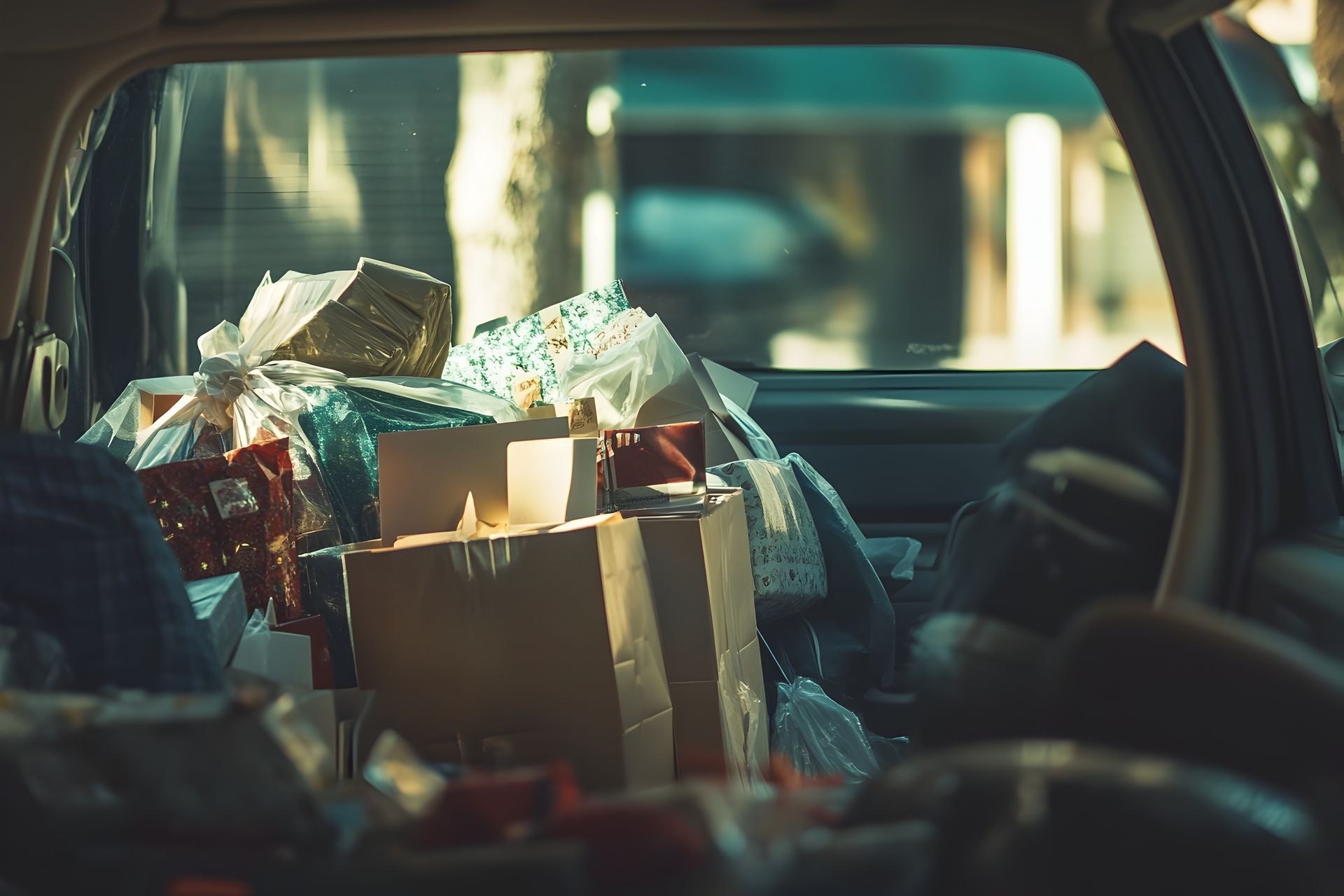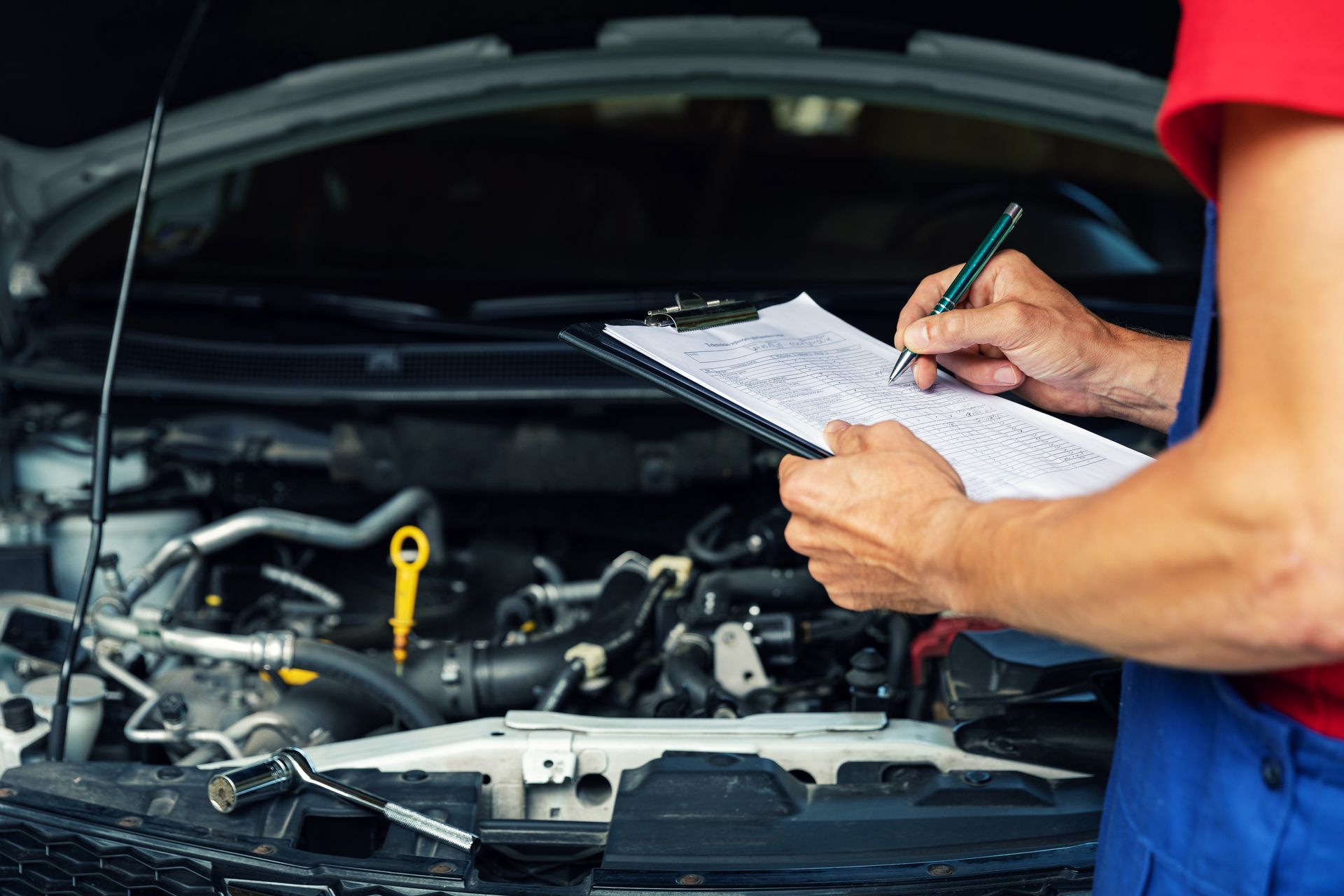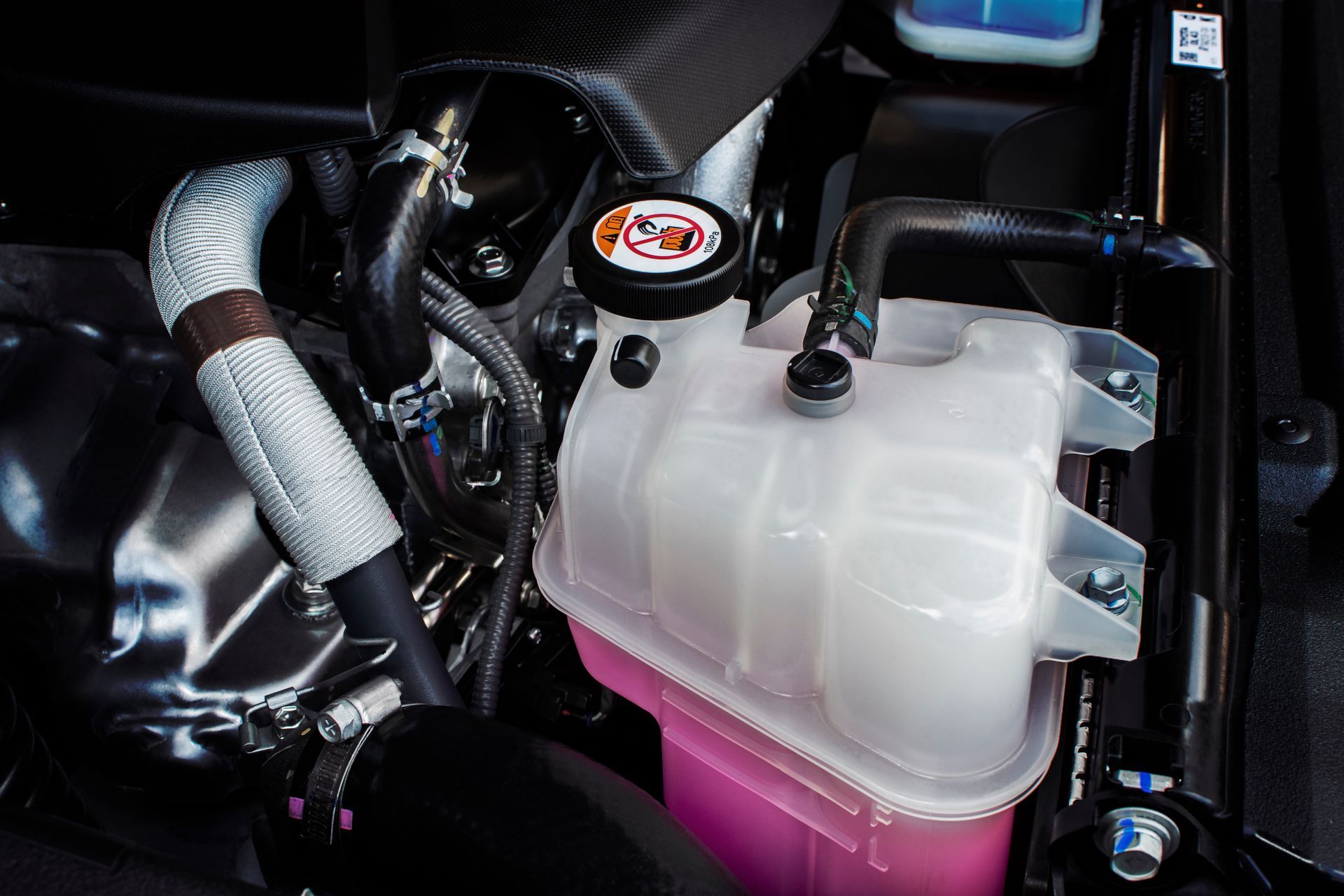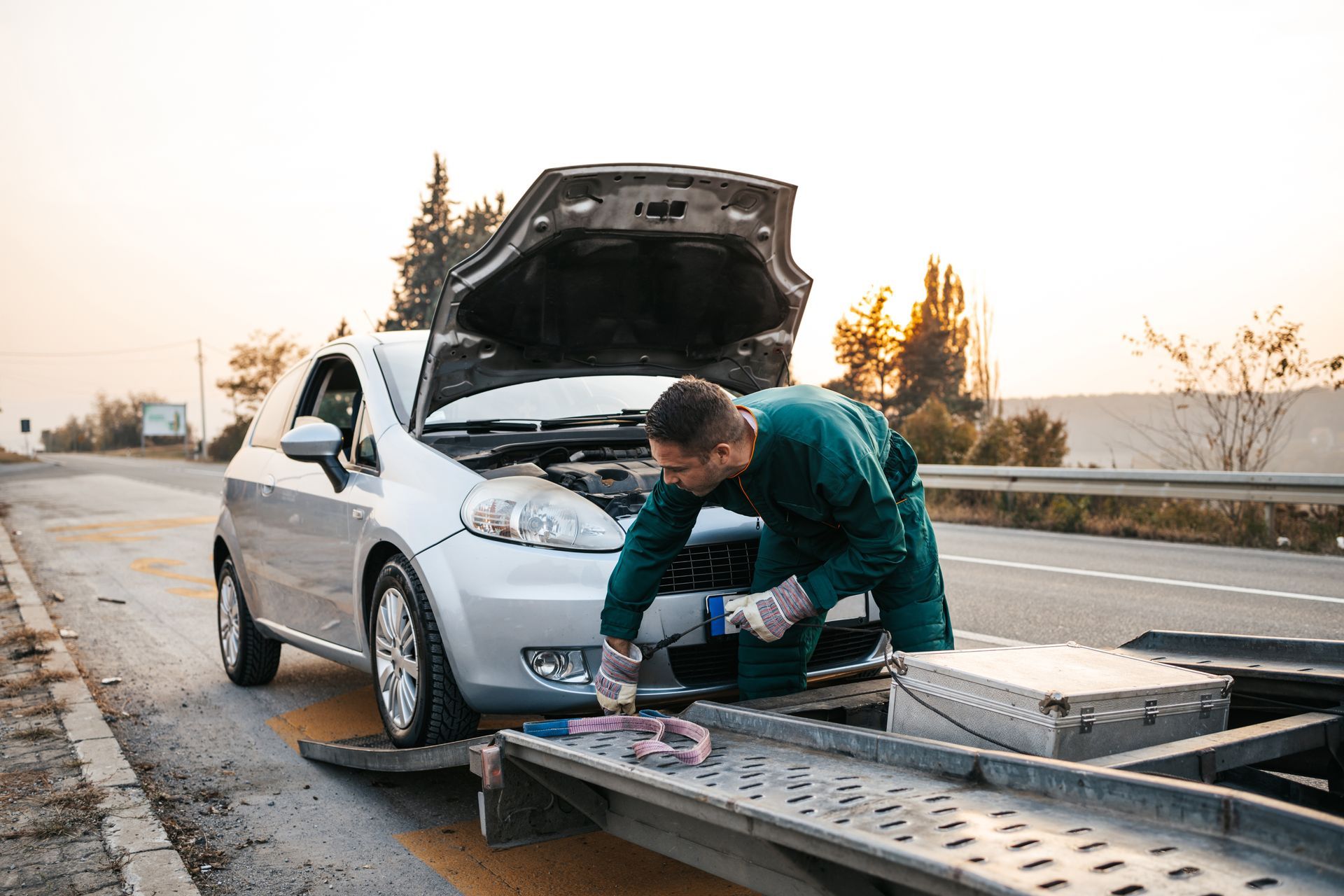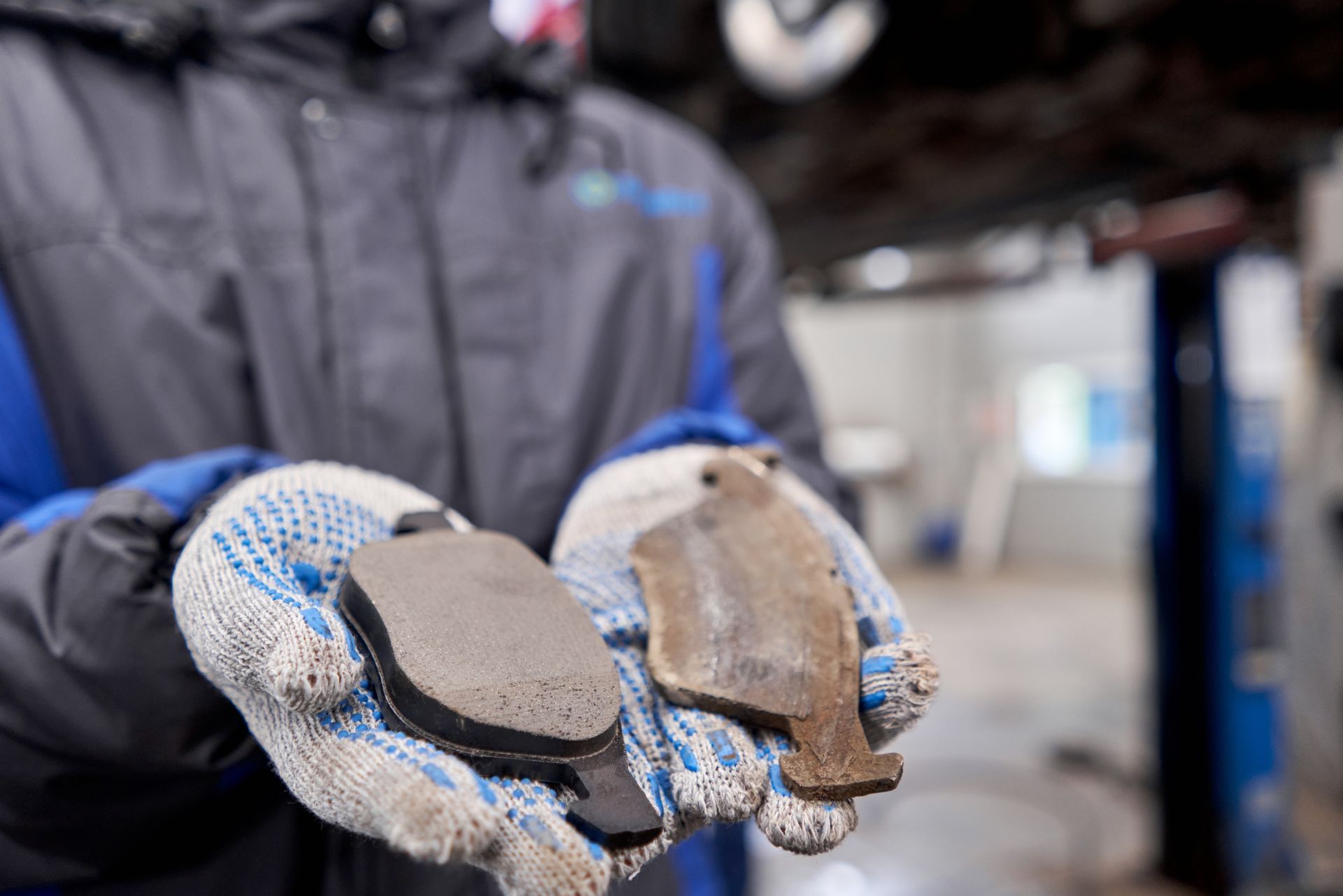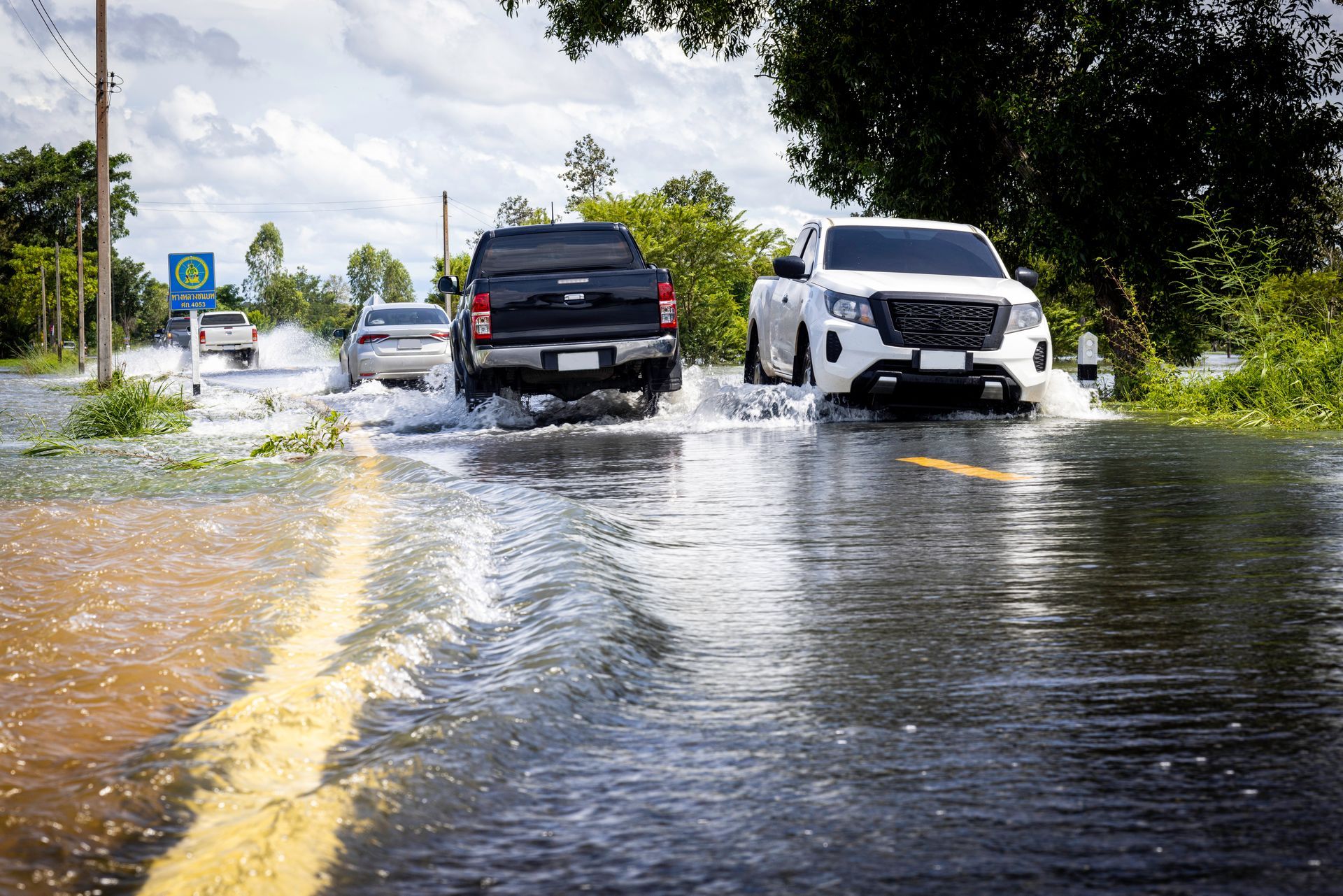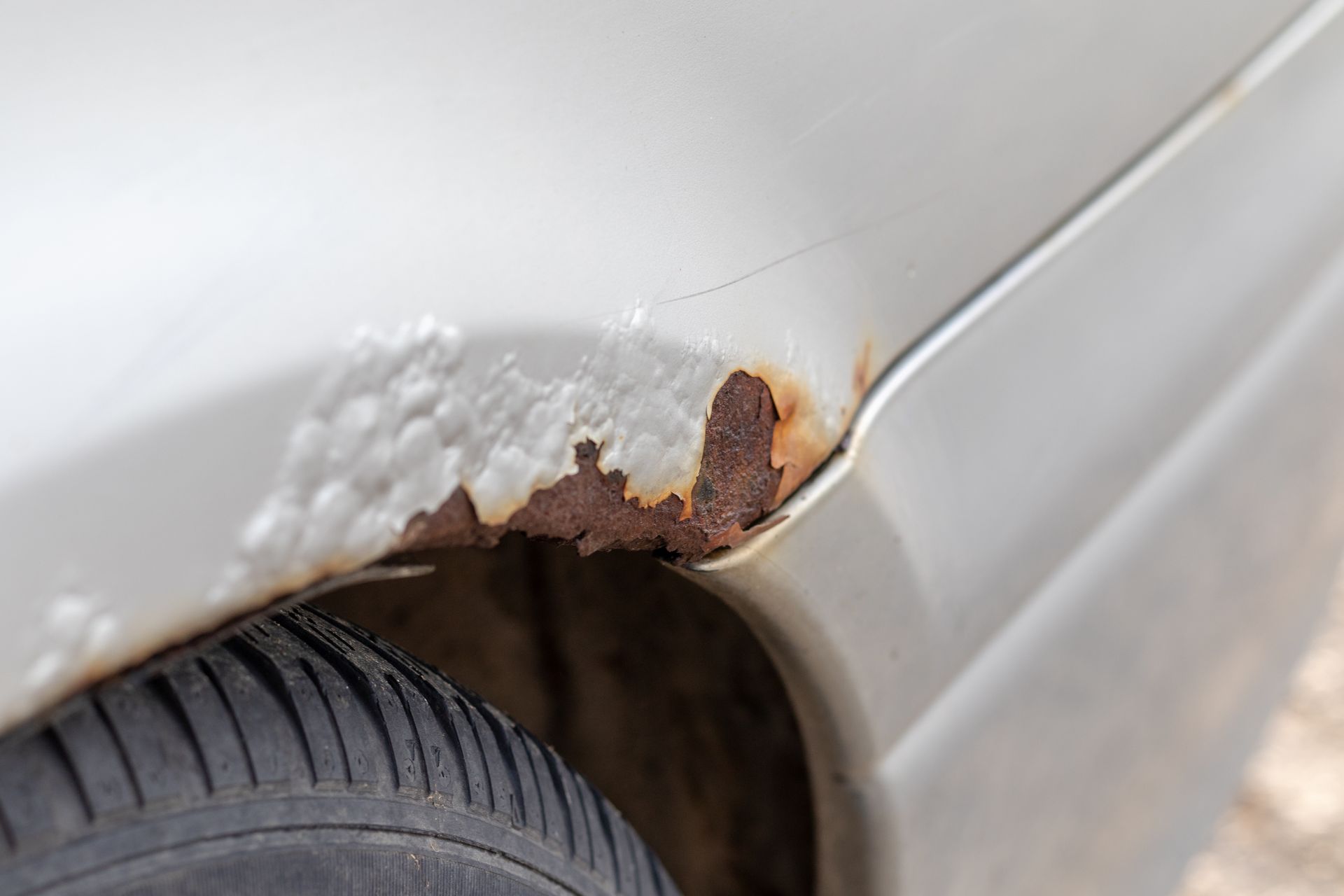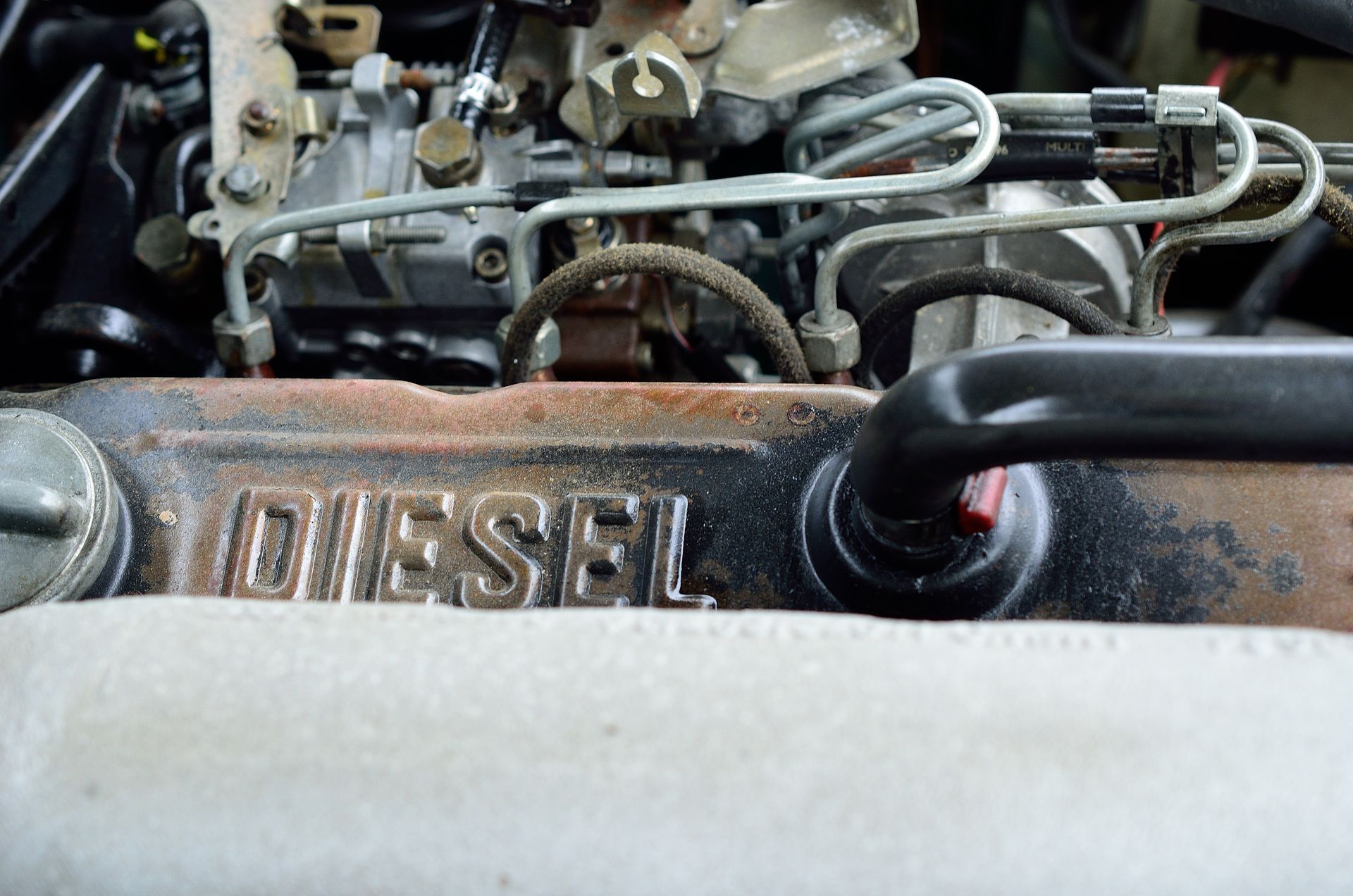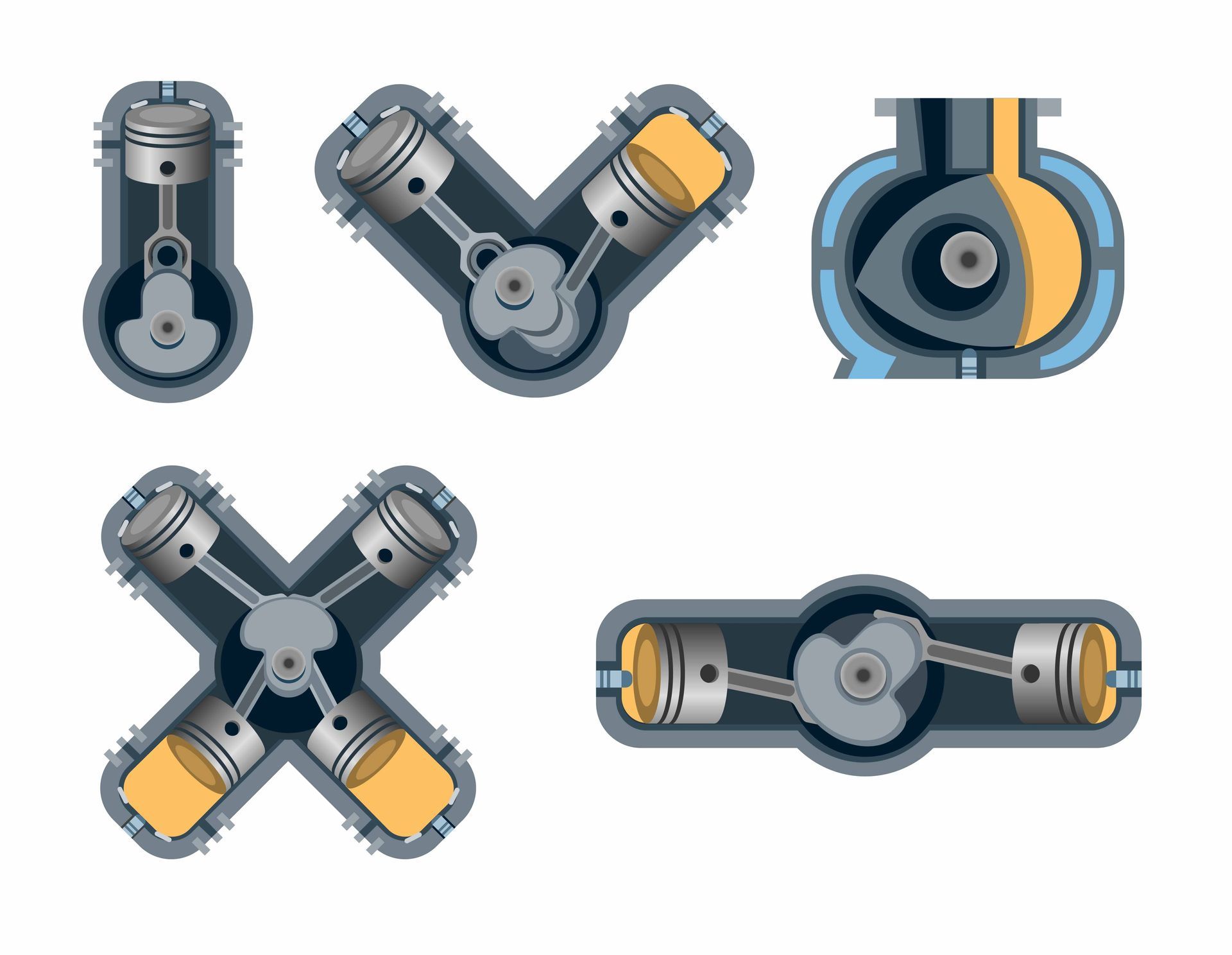Car accidents are something no one wants to experience, but they can happen in the blink of an eye. Whether it’s a minor fender bender or something more serious, knowing how to respond can make all the difference. Emotions may run high, but taking the right steps immediately after an accident can protect your safety, your legal standing, and even your wallet.
Stay Calm and Assess the Situation
The first thing to do after a car accident is to take a deep breath and assess the situation. Panic is natural, but staying as calm as possible will help you make clear decisions. Check yourself and your passengers for injuries, even if they initially don’t seem obvious. Some injuries might not cause pain immediately due to adrenaline.
Next, if the vehicles are in a dangerous position—like the middle of a busy road—and it’s safe to do so, move them to the side to prevent further accidents. Turn on your hazard lights to warn other drivers. If moving the cars isn’t an option, stay in a safe area until help arrives.
Check on Others and Call for Help
Once you’ve ensured your own safety, check on the well-being of others involved. If someone is injured, avoid moving them unless there’s an immediate danger, like a fire. Call 911 to report the accident and request emergency services if necessary.
Even if the accident seems minor, contacting the police is a smart move. An official police report can serve as valuable documentation if there’s a dispute over fault or if you need to file an insurance claim.
Document the Scene Thoroughly
One of the most important steps after an accident is documenting everything. Take photos of the damage to all vehicles, the license plates, the surrounding area, and any road conditions that might have contributed to the crash. Snap pictures of skid marks, weather conditions, and street signs if applicable.
Exchange information with the other driver, including names, phone numbers, addresses, insurance details, and driver’s license numbers. If there are witnesses, ask for their contact information as well—they could provide a neutral account of what happened.
Remember to avoid admitting fault, even casually. Something as simple as “I didn’t see you” could be used against you later. Stick to the facts when discussing the incident with anyone involved.
Notify Your Insurance Company
After you’ve left the scene and are safe, notify your insurance company about the accident. Provide them with all the details you’ve gathered, including the police report number if one was filed. Most insurance companies require prompt reporting, and delays could complicate your claim.
Depending on the extent of the damage, your insurer might arrange for an adjuster to inspect your vehicle or suggest repair shops in your area. Be honest and thorough when describing what happened, as any discrepancies could affect your coverage.
Seek Medical Attention if Needed
Even if you feel fine after an accident, it’s a good idea to see a doctor, especially if the impact is significant. Some injuries, like whiplash or internal trauma, might not show symptoms right away. A medical evaluation not only ensures your well-being but also creates a record in case you need to make a claim for medical expenses later.
If you’re experiencing pain or discomfort days after the accident, don’t ignore it. Follow up with your doctor or a specialist to address any lingering issues.
Repairing Your Vehicle
Once the dust has settled and the insurance claim process is underway, it’s time to address the damage to your car. Depending on your policy and who was at fault, repairs may be covered partially or fully.
Choose a reputable repair shop that you trust to assess the damage and perform the necessary work. Make sure to get a detailed estimate before repairs begin. If you’re concerned about hidden damage, a thorough inspection can identify any underlying issues that might not be visible right away.
Taking Steps to Prevent Future Accidents
No one can predict an accident, but practicing defensive driving and maintaining your vehicle can reduce the likelihood of being involved in one. Regular inspections, keeping your tires in good condition, and promptly addressing warning lights can all contribute to safer driving.
If your car’s been repaired after an accident, stay vigilant about how it drives. Unusual noises, vibrations, or handling changes might signal that something still needs attention.
Were you recently in a car accident? Let
Auto ER handle your vehicle’s repairs and inspections to ensure it’s safe and road-ready again. Contact us today for top-notch service!

